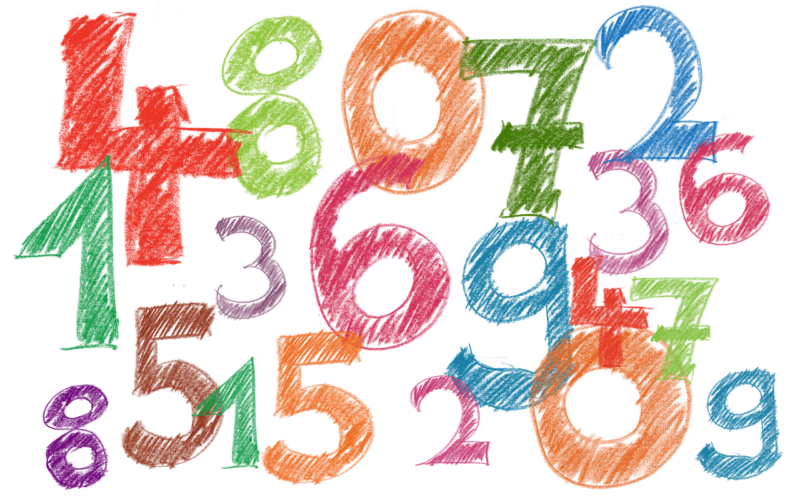Game Changing Affects Of The Internet
The internet has revolutionised nearly every aspect of modern life, and education is no exception. From the traditional in-person classroom setting to a more flexible, accessible format, the way people learn today has evolved significantly. This transformation has brought about numerous benefits, making learning more personalised, interactive, and convenient for learners around the globe.
Access to limitless resources
One of the most significant changes brought about by the internet in education is the vast array of resources now available online. With just a few clicks, learners can access articles, videos, podcasts, and interactive tutorials on virtually any topic. This ease of access empowers individuals to pursue self-directed learning at their own pace. For healthcare professionals, this means that resources like ECG courses and ECG training can be easily accessed online, enabling them to enhance their skills and knowledge without the constraints of geographic location or time.
Flexible learning opportunities
The rise of online learning platforms has eliminated many of the barriers associated with traditional education. Individuals can now fit learning into their schedules, choosing when and where to study rather than adhering to a strict timetable. This flexibility is particularly beneficial for those who are balancing work, family, and other commitments. For instance, a healthcare assistant seeking training can enrol in self-paced online courses that accommodate their busy lifestyle, allowing them to upskill without sacrificing their current responsibilities.
Personalised learning experiences
The internet has also enabled more personalised learning experiences, catering to the unique needs and preferences of each learner. Through the use of data and analytics, educational platforms can tailor content to individual users, ensuring they receive information and practice exercises that align with their existing knowledge and skills. This level of customisation helps to optimise the learning process, making it more efficient and effective. In the context of ECG training, this means that a learner can focus on specific areas where they require improvement, such as interpreting complex ECG readings.
Collaborative and interactive learning
Online learning is not just about accessing information; it is also about engaging with others in meaningful ways. The internet has facilitated new forms of collaborative learning, enabling students to work together on projects, participate in discussions, and share resources with peers worldwide. Interactive tools, such as forums, video conferencing, and social media, have made it easier for learners to communicate and collaborate with one another. This interconnectedness fosters a sense of community and support, which can be especially valuable in fields like healthcare assistant training, where practical, hands-on experience is crucial.
Cost-effective education options
Another advantage of internet-based learning is its cost-effectiveness. Traditional education can be expensive, with tuition fees, textbooks, and transportation adding up quickly. Online courses often provide affordable alternatives, reducing or eliminating these costs. Additionally, many resources are available for free, thanks to open educational initiatives and platforms like YouTube. This democratization of education means that more people can access the knowledge and skills they need to advance their careers, whether they're taking an ECG course or pursuing healthcare assistant training.
Continuous learning and professional development
The internet has fostered a culture of continuous learning, where individuals can continue to develop their skills and knowledge throughout their lives. This is particularly important in fast-evolving fields like healthcare, where staying up-to-date with the latest advancements is crucial. Online courses, webinars, and workshops provide opportunities for professionals to engage in ongoing education, ensuring they remain competitive and competent in their roles. For healthcare assistants, this means regularly updating their training to stay abreast of new techniques and technologies, such as the latest ECG innovations.
The internet has dramatically changed how people learn, making education more accessible, flexible, and personalized. By breaking down barriers and providing a wealth of resources, the internet has empowered individuals to take charge of their learning journeys, pursuing opportunities for growth and development that were once out of reach. Whether a healthcare professional seeking ECG training or an individual exploring a new passion, the internet has opened up a world of possibilities for learning and self-improvement.






